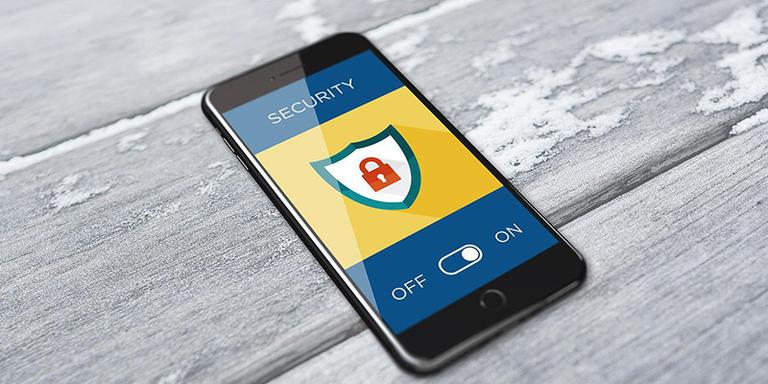
Published on: November 14, 2022
5 Data Security Tips for Distributed Teams
Cybersecurity attacks are on the rise. From well-known tech companies to hospitals, no one is safe.
The consequences can be severe. A leak of personal or sensitive company information can lead to potential lawsuits and damage your public reputation. Cyberattacks can also pose serious risks to people beyond access to sensitive data. For example, a delay in care or inability to access patient information (like allergies or medication schedules) can endanger patients’ lives at a healthcare facility.
No company is too small to be the victim of a data breach. But how do you prevent a hack when your employees work across the globe? Below are a few steps you and your team can take to prevent hackers from accessing sensitive data.
Data Security Tips for Distributed Teams
Without proper precautions, your company’s sensitive data is vulnerable to cybersecurity breaches. It’s the equivalent of leaving the door to your house wide open. Here are some tips to lock your digital doors.
1. Encourage Everyone to Update Their Devices Regularly
No matter if you use a Mac or a PC, no technology is perfect. Tech companies are always looking for any gaps in their software that could make their devices vulnerable to hackers. Usually, they will try to alert customers as soon as they’re discovered. However, to stay one step ahead of cyber criminals, it’s essential to update your devices often.
2. Have Employees Use Strong Passwords
Don’t use your kid’s birthday or your wedding anniversary (and definitely don’t use “password.”). Longer passwords and those without personal information tend to be stronger. Google has created a guide to creating strong passwords for online accounts.
3. Restrict Access to Sensitive Information
When Twitter was hacked in 2020, the hackers accessed accounts of people with massive followings, like former President Obama, as part of a Bitcoin scam. In the aftermath of the attack, it’s come to light that many employees can access users’ sensitive data.
If you have sensitive customer or personal health data, verify who has access to this information. Restrict access to all personnel who don’t need access to this type of data. Leaks of personal data can lead to potential lawsuits and hefty fines.
4. Use a Password for Zoom Meetings
Zoom-bombing became a serious problem during the pandemic. Zoom-bombing is when a hacker takes control of your meeting. Usually, it involves graphic images, verbal abuse, and hate speech.
To prevent Zoom bombings, make sure your meetings are password-protected. Don’t post the links on social media. Also, restrict who can share their screen.
5. Beware of Phishing Scams
Don’t click links or open attachments from people you don’t know. And if you do see an email that looks like it came from a colleague, verify the email address.
Hackers will sometimes create email addresses that look similar to a coworker’s. For example, if your coworker’s email is JaneDoe@company.com, a hacker may use a similar one, like JaneDoe1@company.com.
Check through your company’s verified contacts to ensure that this email came from someone at the company. Educate your employees on what phishing scams are and how to spot them.
What to Do If There’s a Breach
Sometimes, despite our best efforts, cyberattacks still happen. If it happens to your company, here are a few steps you can take:
- If you’re a victim of a cybercrime, contact the FBI’s Internet Crime Complaint Center.
- Call law enforcement immediately if you receive a specific threat (i.e., someone threatening violence against employees).
- Respond immediately. If your company has a cyber breach response team, deploy them immediately to protect additional assets.
- Contact additional authorities as required. Depending on the location of your company or industry (i.e., healthcare), you may be required to notify certain governing bodies.
- Consult your legal team.
- Notify customers and let them know what steps you’re taking and what they can do to protect themselves.
Keep Your Data Safe
Cyberattacks are becoming more common, but they can be prevented. By taking a few simple steps, you and your company can keep your data and that of your customers safe. If, despite your best efforts, a breach still happens, it’s vital that your company responds swiftly and immediately notifies law enforcement.
Have questions about managing remote teams? Get answers from leading companies!
Get Your Questions Answered
By Kirsten Chorpenning | Categories: Remote Management



